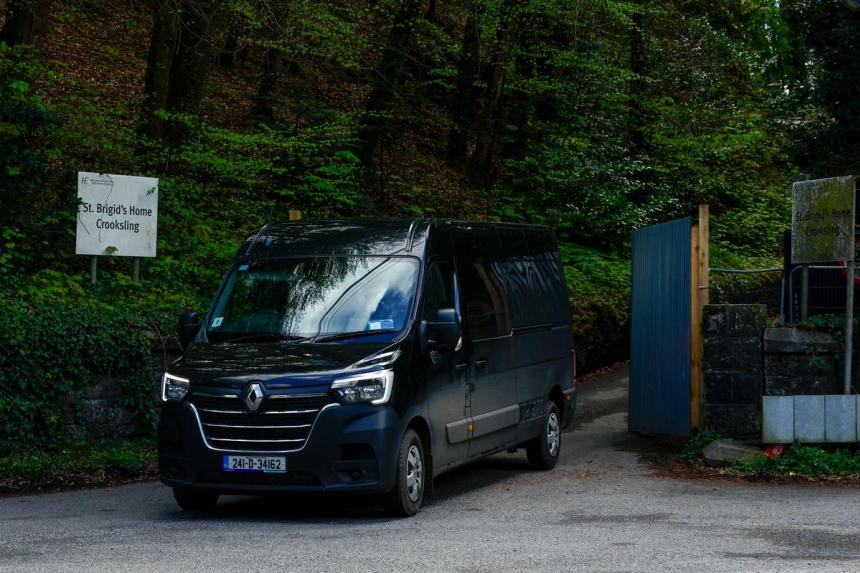DUBLIN - Irish police dismantled about 200 tents housing asylum seekers in Dublin early on Wednesday, tackling what has become a focal point for heated debate around migration.
Ireland is struggling to accommodate record numbers of refugees while facing a housing shortage, and a so-called tent city had sprung up near government buildings in the capital's central Mount Street area over the last year.
While the young men who lived in small tents in the city were largely left alone, there have been protests in smaller communities against migrants living in hotels and hostels. Violence erupted in Dublin in November, led by far-right activists.
The government said later on Wednesday that the camped-out asylum seekers had been moved to sites south of Dublin with weather-proof tents, showers, food and security.
Prime Minister Simon Harris said, ahead of the move, that it was important they did not return. "We do not live in a country where makeshift shantytowns are allowed to just develop," he said.
By early morning police had loaded the majority of those living in the camp onto buses. The blue tarpaulin that hung over tents for added protection was taken down and the tents removed. Footpaths were power hosed and the smell of disinfectant hung in the air.
One man, speaking in broken English and clutching two plastic bags of belongings, said he could not go on a bus because his wife did not have the correct paperwork. The man, who said he was from Morocco, said he did not know where they would sleep.
Many Irish protests about migration have been peaceful but far-right activists attacked police in Dublin last year after three children were stabbed by a man Irish media identified as born in Algeria.
Six people were also arrested last week after a standoff with police at a building in Wicklow, south of Dublin, that is intended to house asylum seekers.
The government agency responsible for housing asylum seekers began handing out tents to some new arrivals last December after running out of accommodation.
Nick Henderson, head of the Irish Refugee Council, said his understanding was that the asylum seekers from Mount Street would be accommodated in larger, army-sized tents.
"It has to be a better situation but nevertheless we've always criticised the use of (any) tents, we don't think it's accommodation that meets people's basic needs," Henderson told national broadcaster RTE. REUTERS







